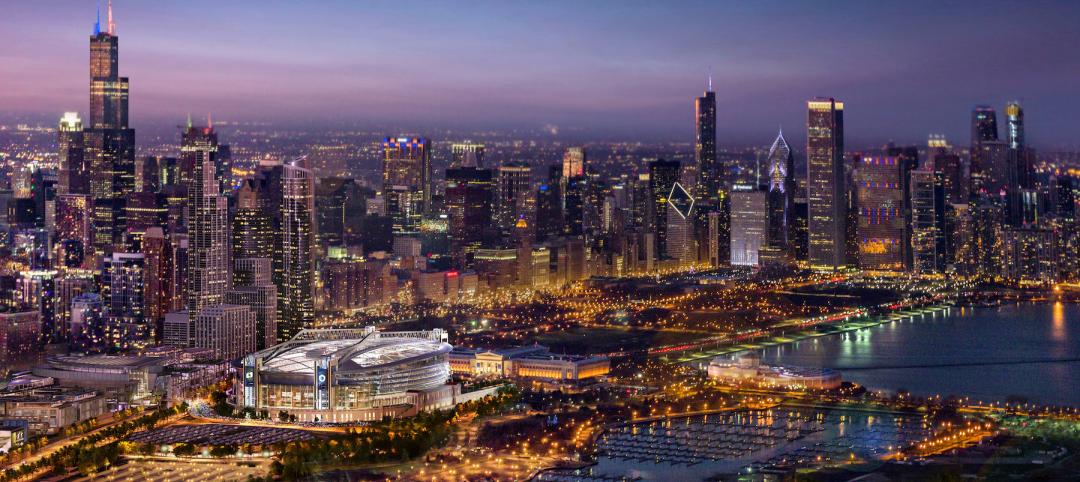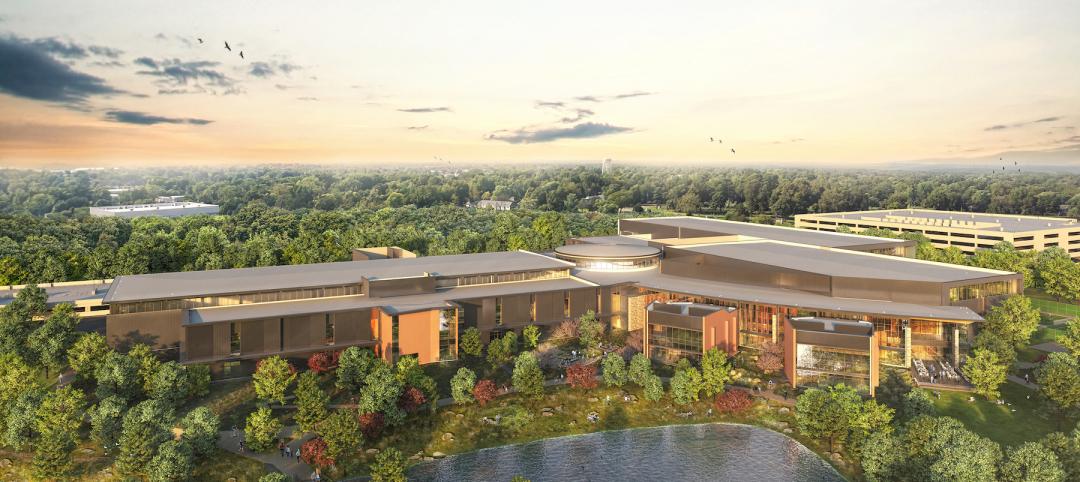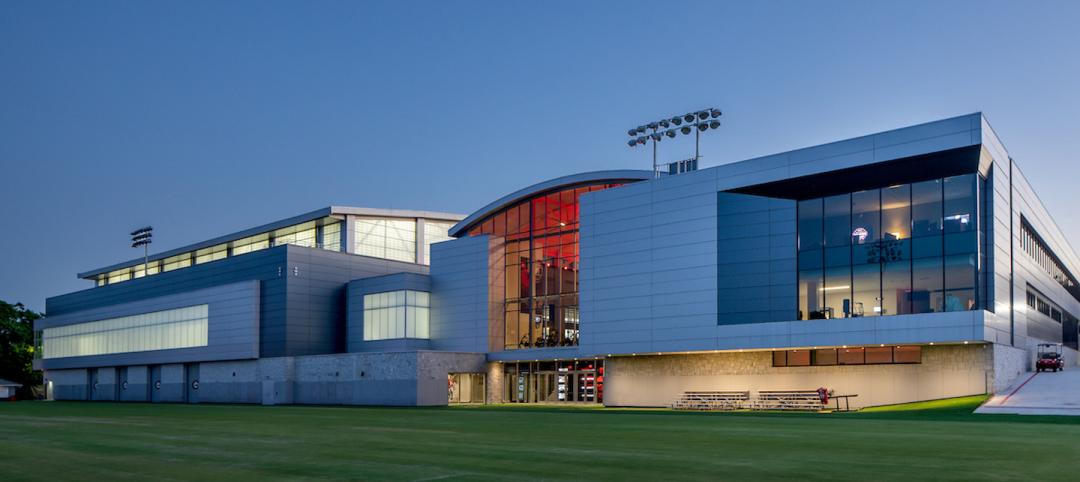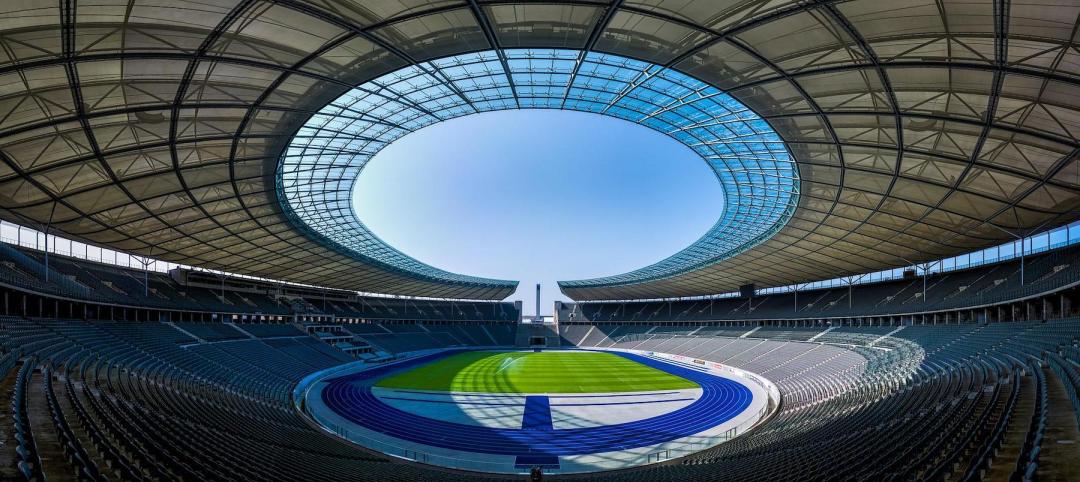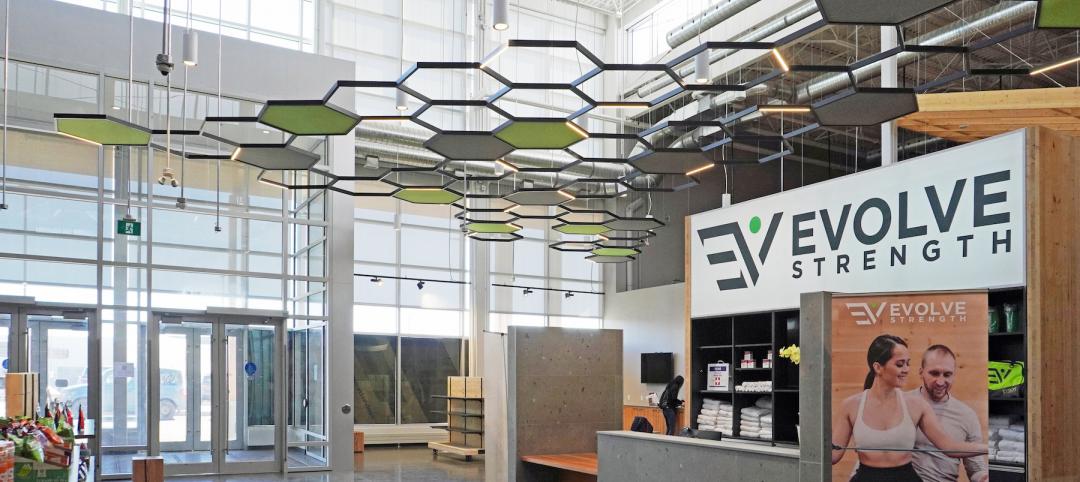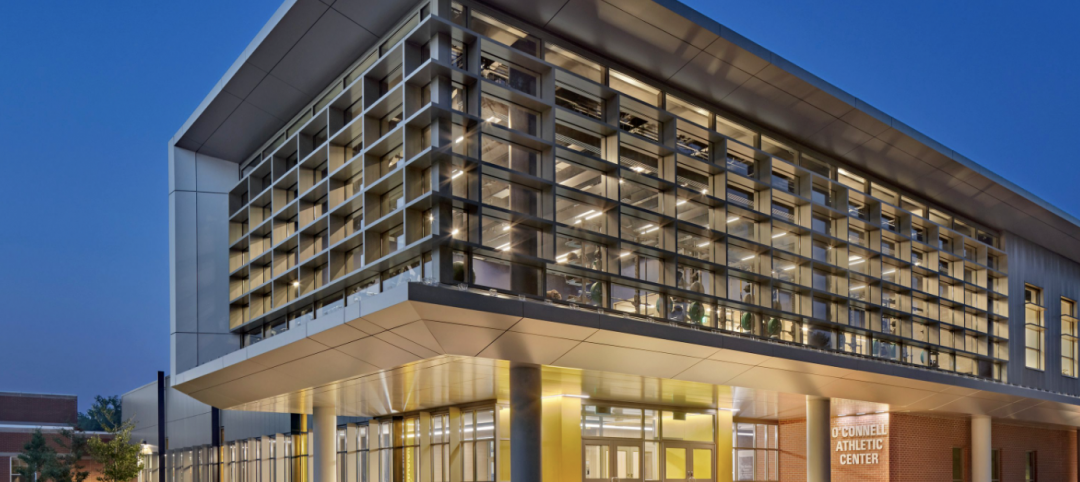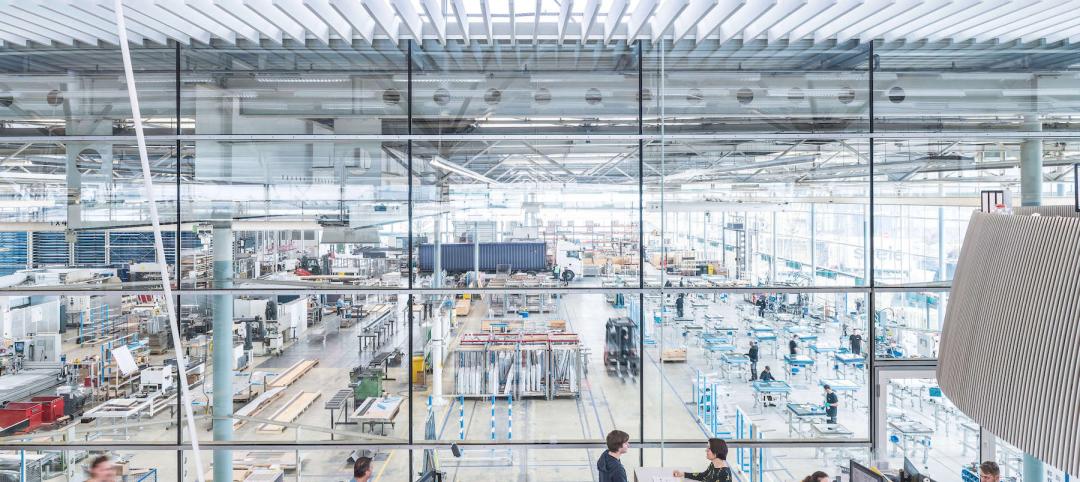Regardless of what’s going on in the economy, the sports stadium market seems immune. IbisWorld estimates that U.S. construction demand over the next five years will increase annually by nearly 2 percent to $12.3 billion. Worldwide that annual growth is projected to be closer to 22 percent and hit $18.2 billion in 2025, according to Mordor Intelligence. Turner Construction's Dewey Newton discusses trends in sports stadium renovation and construction with BD+C's John Caulfield. Newton is a Senior Vice President who heads up Turner Construction’s Sports Group.
Thanks to our episode sponsor: EXACOR MgO Panels
More information at: https://www.bdcnetwork.com/EXACOR-HTV
The interview topics include:
- What is the current state of demand for sports venue construction and renovation, and where is that demand coming from primarily?
- What kinds of amenities are now “must haves” in sports venues?
- Why is “desired atmosphere” rather than fan experience the first thing clients ask about?
- What factors are determining whether sports venues are enclosed or open, and which preference is Turner getting greater demand for?
- More sports stadia and arenas are being built as part of larger entertainment districts. Is Turner seeing this as a trend?
- To what extent is Turner seeing demand for e-sports venues?
- Will sports betting soon take place within sports venues?
- What technology we'll see in future stadiums to attract younger viewers – and the associated cost/revenue considerations
- Will touchless lead to a superior service experience?
Related Stories
Multifamily Housing | Aug 3, 2022
7 tips for designing fitness studios in multifamily housing developments
Cortland’s Karl Smith, aka “Dr Fitness,” offers advice on how to design and operate new and renovated gyms in apartment communities.
Reconstruction & Renovation | Aug 3, 2022
Chicago proposes three options for Soldier Field renovation including domed stadium
The City of Chicago recently announced design concepts for renovations to Soldier Field, the home of the NFL’s Chicago Bears.
Headquarters | Jun 21, 2022
Walmart combines fitness and wellness in associates’ center that’s part of its new Home Office plan
Duda | Paine’s design leads visitors on a “journey.”
Sports and Recreational Facilities | Jun 17, 2022
U. of Georgia football facility expansion provides three floors for high-performance training
A major expansion of the University of Georgia’s football training facility has been completed.
Building Team | Jun 14, 2022
Thinking beyond the stadium: the future of district development
Traditional sports and entertainment venues are fading as teams and entertainment entities strive to move toward more diversified entertainment districts.
Acoustic Panels | Jun 9, 2022
A fitness center renovation in Calgary focuses on tamping the building’s sound and vibration
Bold Interior Design chose as its solution a lighting/acoustical panel combination.
Sports and Recreational Facilities | May 26, 2022
WNBA practice facility will offer training opportunities for female athletes and youth
The Seattle Storm’s Center for Basketball Performance will feature amenities for community youth, including basketball courts, a nutrition center, and strength and conditioning training spaces.
Sports and Recreational Facilities | May 19, 2022
Northern Arizona University opens a new training center for its student athletes
In Flagstaff, Ariz. Northern Arizona University (NAU) has opened its new Student-Athlete High Performance Center.
University Buildings | May 9, 2022
An athletic center accentuates a college’s transformation
Modern design and a student health center distinguish the new addition at The University of Saint Joseph in Connecticut.
Sponsored | BD+C University Course | May 3, 2022
For glass openings, how big is too big?
Advances in glazing materials and glass building systems offer a seemingly unlimited horizon for not only glass performance, but also for the size and extent of these light, transparent forms. Both for enclosures and for indoor environments, novel products and assemblies allow for more glass and less opaque structure—often in places that previously limited their use.



